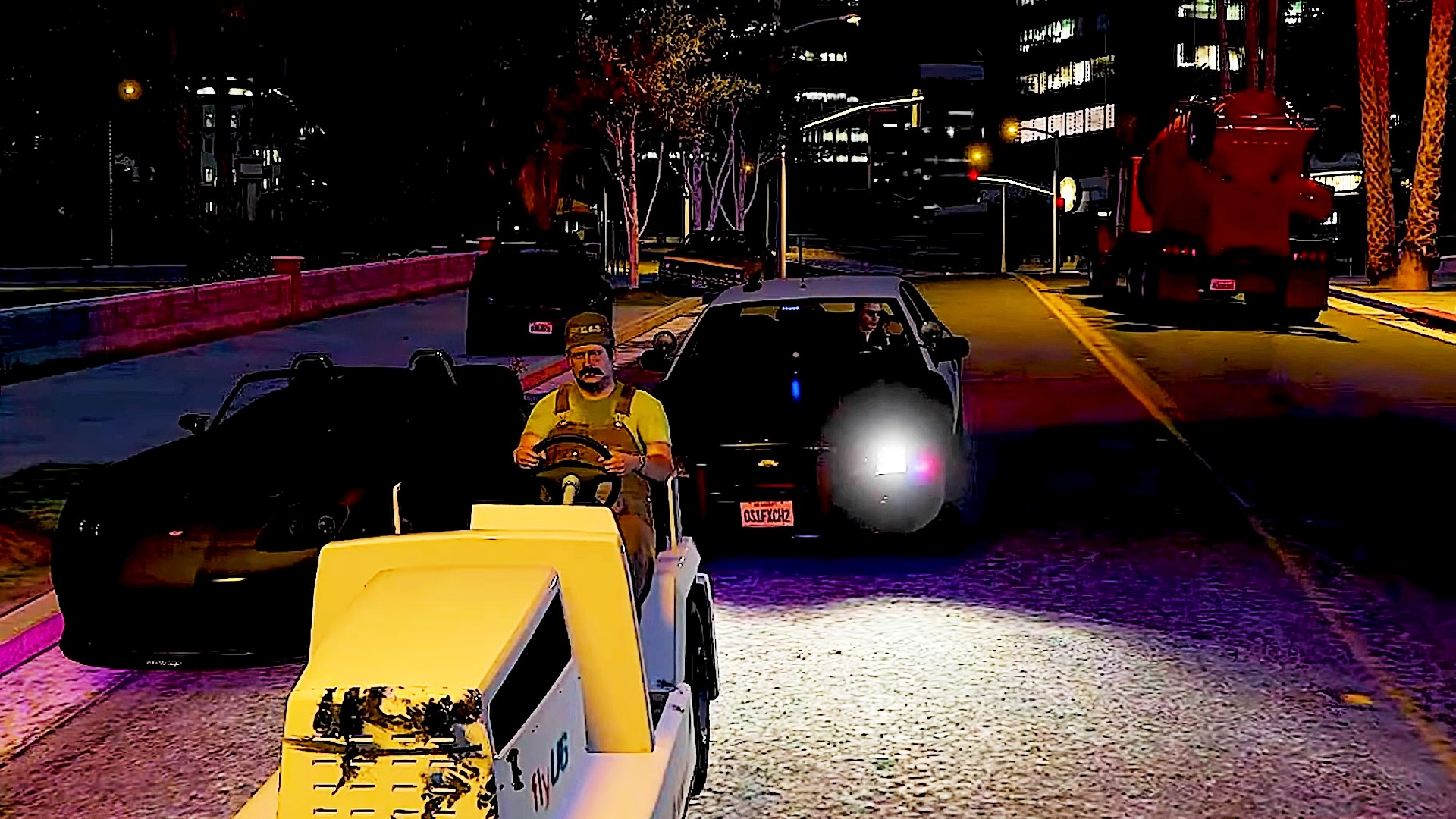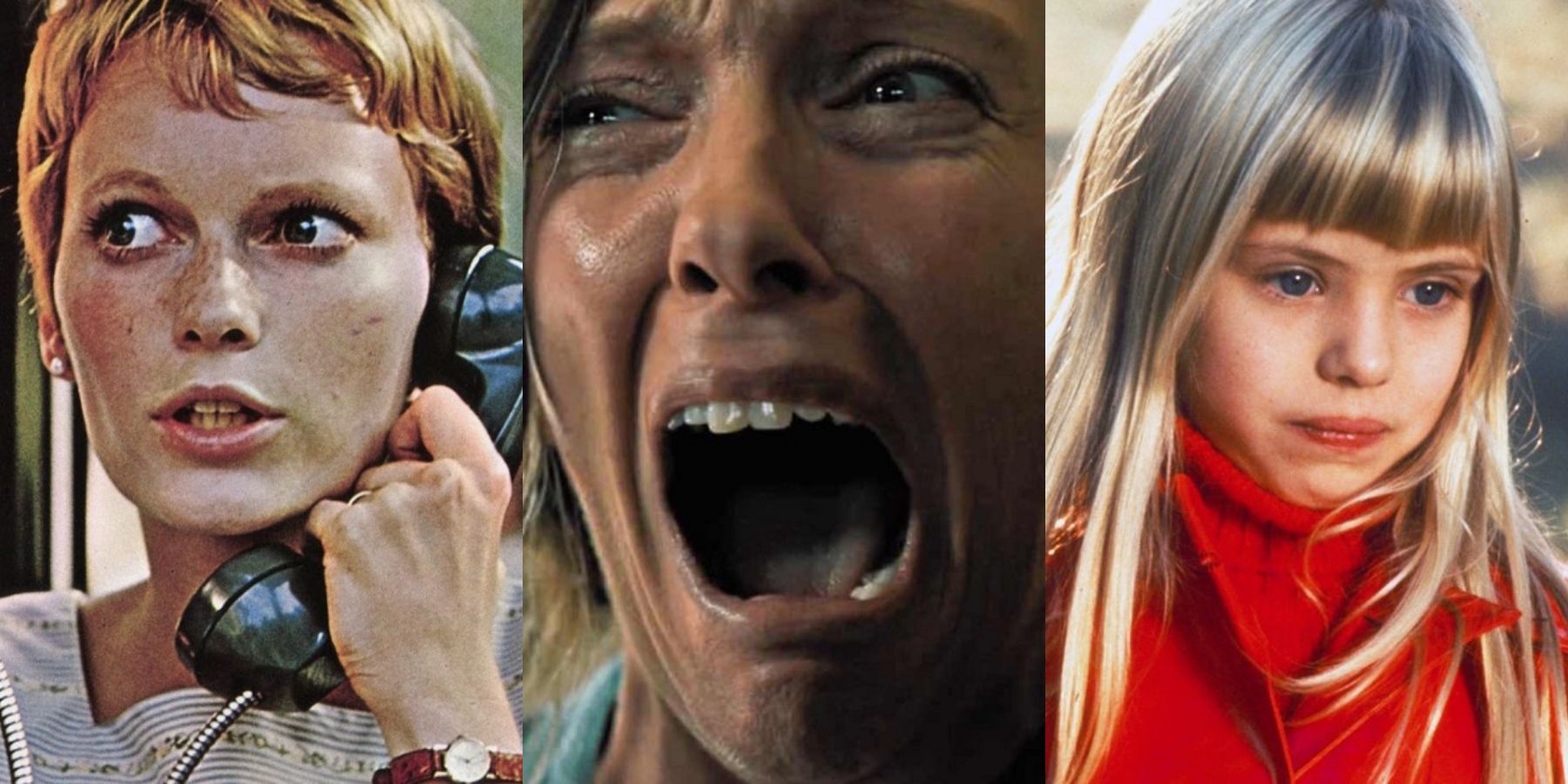

Ari Aster’s Hereditary was released in 2018 and set the grounds for the future of horror: a perfect mix of terror, drama, and realism. Upon release, it received tremendously great reviews, garnering an 89% on Rotten Tomatoes. The film was highly praised by critics and viewers alike. It was a box-office success, grossing over $80 million, and it has become A24's highest-grossing film worldwide.
Hereditary is about a woman named Annie Graham (Toni Collette) who slowly begins to unravel secrets about her private mother after she passes away. After yet another tragedy, tensions within the family reach a fever pitch. Desperate for answers and peace, Annie befriends a support group member named Joan, who teaches Annie how to conduct a seance. After this, her family begins to experience tragic events one after another, as well as troubling supernatural incidents.
RELATED: The Beautifully Misleading Trailers For Hereditary
Hereditary is unique in multiple ways, one being that it isn't a typical slasher film; It delves into themes of family dynamics, loss, and grief. For those who have already seen Hereditary, here are some horror movies to watch that feel similar to its haunting and unnerving tone.
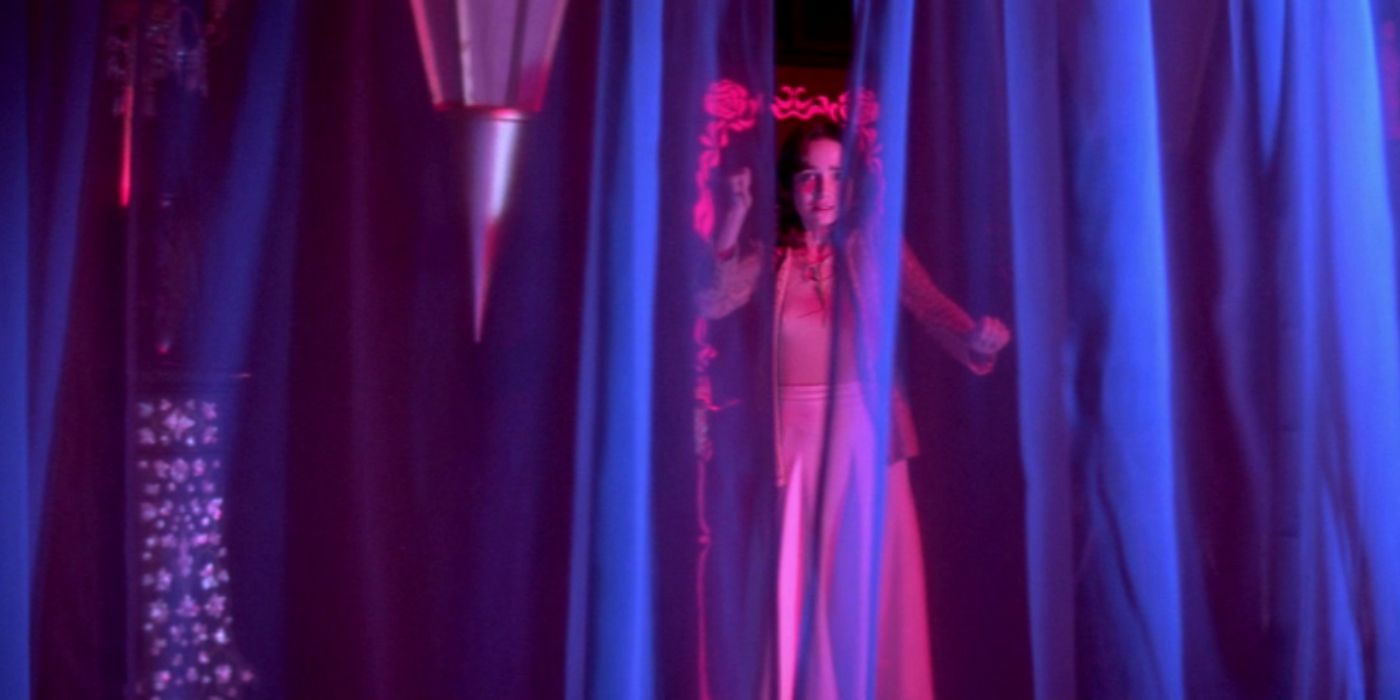
For fans of horror films that deal with ominous beings and have fantastic scores, the original Suspiria (1977) will be right up their alley. Dario Argento’s classic film is about Suzy Bannion (Jessica Harper), a young girl who goes to an acclaimed dance school in Germany to study ballet. After a series of deaths, she soon discovers a coven of witches runs it.
The film is completely scored by the experimental band Goblin, who uniquely uses electric guitars, violins, and the tabla, a percussion instrument from India covered with goatskin heads, to evoke emotion and fear. Suspiria delves into the supernatural world and evil, and the music of Goblin represents that manifestation of evil. Like Suspiria's foreboding score, Hereditary composer Colin Stetson uses clarinets and strings to give the eerie feeling that something evil is about to happen. When interviewed for The Verge, Stetson claimed that he used these instruments to sound like "a swarm of bats," adding to the sinister feeling of the film.

Midsommar (2019) is an Ari Aster-directed horror film that is about a young couple Dani (Florence Pugh) and Christian (Jack Reynor), who go to Sweden to visit their friend Midsommar festival after the sudden and traumatic murder-suicide of Dani's sister and parents.
Similar to Hereditary, both films deal with female grief and trauma. Both delve into communal trauma: In Hereditary, Annie finds comfort in a grief support group. In Midsommar, this is shown in multiple scenes: Christian's friend Pelle convinces Dani to go to the festival because they share the communal pain of losing their parents. When Christian cheats on Dani, the female members in the cult cry and scream beside her, highlighting a communal ritual of grief. The film feels like a feverish dream throughout and is perfect for lovers of mind-bending cinema.
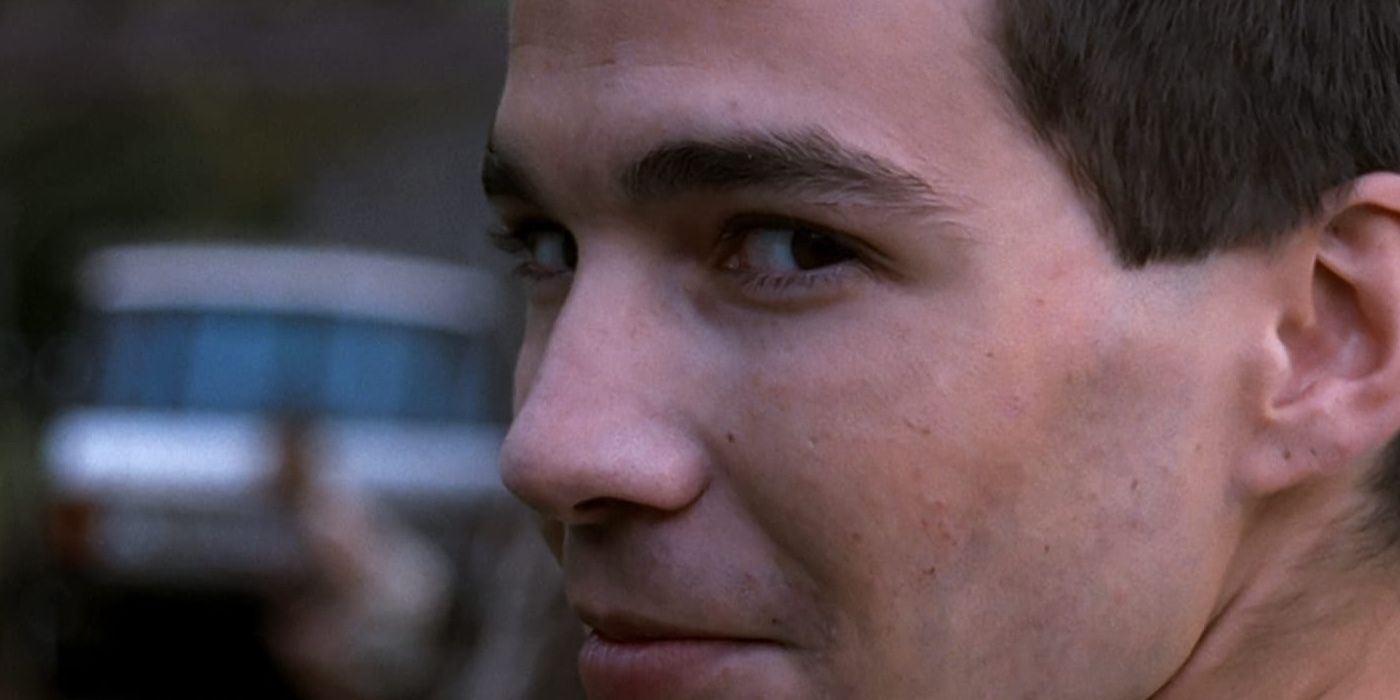
Michael Haneke's Funny Games (1997) is perfect for those who enjoyed Hereditary's slower pace and sense of realism. Funny Games is about two young men who break into a family's vacation home and hold them hostage. They also force them to play grotesque and evil "funny games" for nothing besides their own glee. Like Ari Aster's filmmaking, Haneke's films delve into realism as they revolve around characters that are not extraordinary, yet extraordinary things happen to them. This sense of realism is frightening to the viewer because if it could happen on screen, it could happen to them. The scenes are shot in long takes where the camera is placed in a still position replicating a formalistic technique, as opposed to handheld and quick jumpy shots, representing a more realistic approach. In Hereditary, there is nothing extraordinary about the Graham family, yet extraordinary and tragic things keep happening to them. Both filmsprove that the unimaginable can happen to anyone.
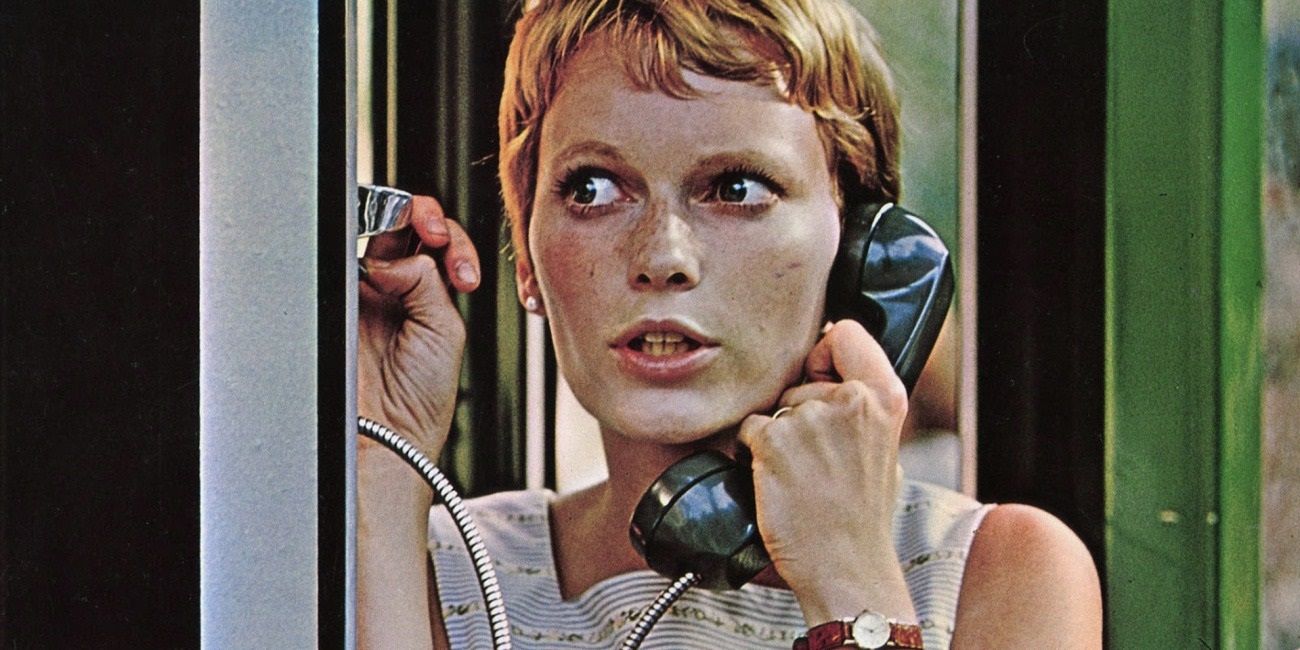
Roman Polanski's 1968 film Rosemary's Baby is a movie that, similar to Hereditary, uniquely uses camerawork and cinematography to highlight the character's emotions. The film is about a young couple who are trying for a baby. Disturbing and unsettling occurrences begin to happen, mainly after the husband befriends their creepy neighbors. The film's camera work follows Rosemary's intensifying paranoia as those around her don't believe something sinister is happening. The film uses POV and close-up shots to show the audience only what Rosemary sees.
As her paranoia heightens, the camera work makes the viewer dizzy and perplexed, adding to their paranoia as well. For example, in a scene where Rosemary calls Dr. Hill in the phone booth, extreme close-up shots of Rosemary's terrified face, along with her worried voice create an uneasy and scary atmosphere. The camera is so close-up that it creates a claustrophobic feeling, as though the audience is in the phone booth with her, making it easier to identify with Rosemary. Hereditary also uses close-up shots to focus on the character's emotions and reactions instead of the actual subject they're looking at.

A supernatural film that deals with grief, Peter Medak's The Changeling (1980) tells the story of a New York City composer named John (George. C. Scott) who relocates to Seattle after the tragic deaths of his wife and daughter in a car accident. He moves into a mansion and quickly begins to feel as though the house is haunted. The film is a must-see for fans of the late 70s/early 80s camp horror, with Scott delivering a fantastic performance of a man who loses his mind trying to find out what evil murders happened in that house.
Similar to Hereditary, both films focus more on slow-building tension as opposed to jump-scares and gore. Both John and Annie slowly get sunken deeper and deeper into insanity, trying to unravel secrets: Annie about her mother and John about the house he is living in.
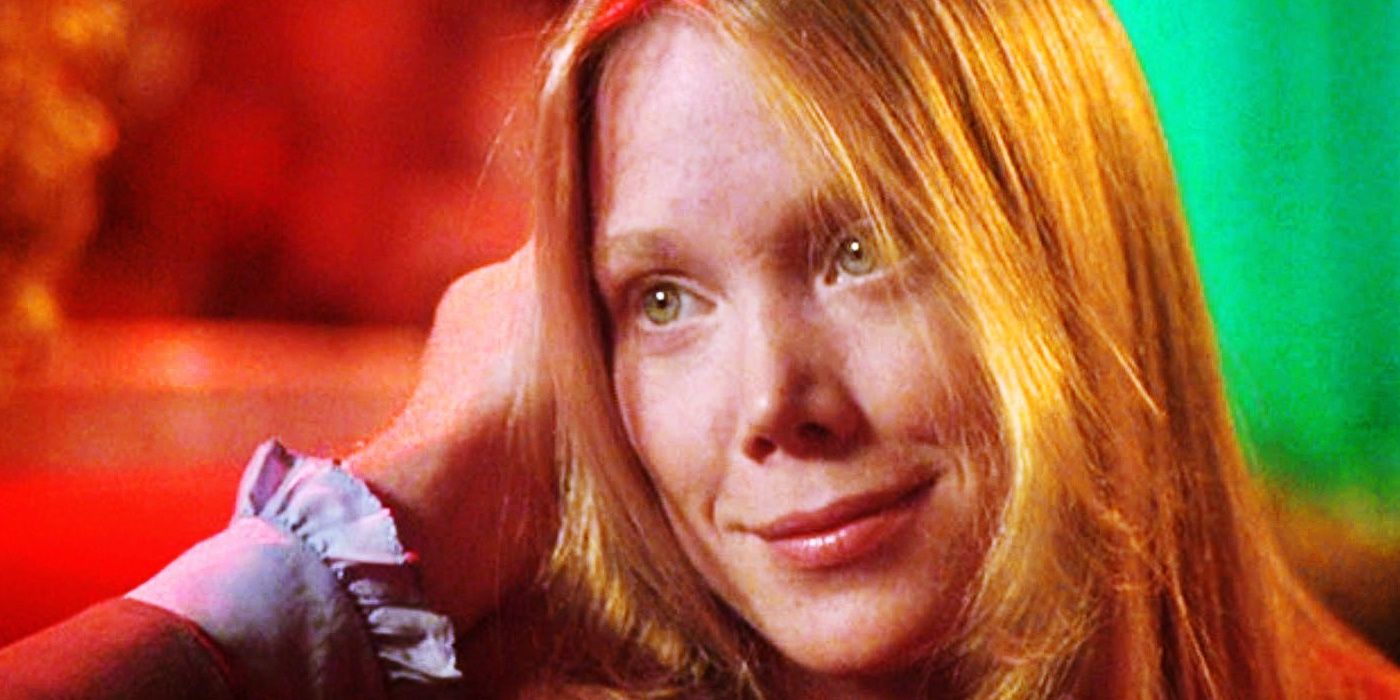
Brian De Palma’s Carrie (1976) deals with a young girl constantly bullied for being a shy and innocent outcast. Throughout the film, Carrie learns that she has telekinetic powers and uses them after she is mocked at her prom. Both Carrie and Hereditary deal with mother and child relationships. Even though Carrie has supernatural powers, her mother still holds power over her in several aspects, including religion, sex, and femininity. When Carrie gets her period, she screams in horror because her mother never taught her about it. When dressed in a low-cut dress for prom, her mother refers to Carrie's breasts as 'dirty pillows' and constantly refers to sex as a sin.
In Hereditary, Annie is haunted by the death of her secretive mother and is completely shattered when her own daughter dies. This also turns into Annie having hatred towards her own son, similar to the hatred that she felt from her mother. There is a 2013 remake starring Chloë Grace Moretz as Carrie, but nothing can live up to Carrie's original terror.

The cult-classic film Don’t Look Now (1973), directed by Nicolas Roeg, tells the story of a married couple John (Donald Sutherland) and Laura (Julie Christie) who travel to Venice to cope with the recent accidental death of their daughter Christine. The couple meets two sisters, one who says they are a clairvoyant and claims that their daughter is warning them that they are in danger. The husband laughs this off at first but begins to experience creepy and mysterious sightings.
Both films follow grief-stricken parents and how they will do anything to see their child again: In Hereditary, Annie conducts a seance to speak to Charlie, and in Don't Look Now, Laura meets up with the sisters to contact her daughter as well. Like Hereditary, both films revolve around families dealing with grief and highlights what it can do to one's psyche. Both films have slow-building tension and have unbelievable endings that no one will expect.
MORE: Hereditary Director Ari Aster Announces New Film With A24
